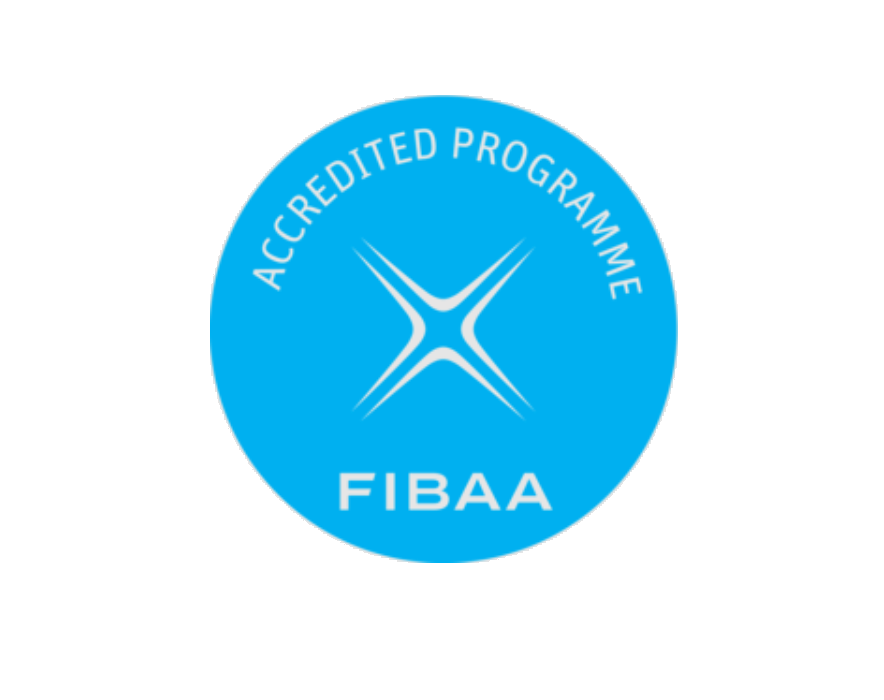FIBAA accreditation
11 Master programmes offered at the Faculty, Economics and Finance have been accredited by the Foundation for International Business Administration Accreditation (FIBAA), an internationally-recognised agency for quality assurance and quality development in higher education.
Learn more

At the end of 2019, the following six Master programmes in Law have been accredited for a period of five years, until end of winter semester 2024/2025:
- Master in European Union Law and Litigation
- Master in Space, Communication and Media Law
- Master in European Business Law
- Master in European Banking and Financial Law
- Master in European Economic and Financial Criminal Law
- Master in European and International Tax Law
A procedure for the (re-) accreditation of the new and existing five Master programmes in Finance, Economics and Management was launched at the beginning of 2020.
After a first successful accreditation in 2015, the three following Master programmes have been granted a 7-year re-accreditation in September 2020, until winter semester 2027/2028:
- Master in Entrepreneurship and Innovation
- Master in Wealth Management
- Master in Accounting and Audit
The two following Master programmes are initially accredited until winter semester 2025/2026:
- Master of Science in Finance and Economics
- Master of Science in Quantitative Economics
FIBAA was created in 1994 by the central associations of German, Austrian and Swiss business. This European foundation with an international profile aims at ensuring the quality of MBA programmes on the basis of stringent quality criteria and make it transparent. Its disciplinary focus is on management studies, law, social sciences and economics.
The FIBAA accreditation is an important seal of approval for the FDEF study programmes. This ensures that they meet quality criteria and standards recognised at European and international level in regards to content, processes and outcomes, instruments, and programme documentation